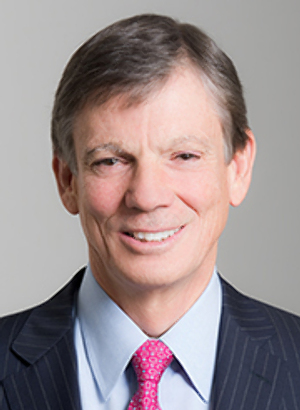Economists predict up to three more hikes this year
How the New Zealand economy responds to the new rising interest rate environment will dictate the extent of official cash rate rises this year.
Thursday, April 24th 2014, 10:26AM
by Susan Edmunds

The Reserve Bank this morning increased the rate by another 25 basis points, to 3%.
Governor Graeme Wheeler said the rate needed to be at a level where interest rates would not add to demand, fuelling inflation. He reiterated that rates will rise but indicated several factors would determine how quickly that happened.
"The speed and extent to which the OCR will be raised will depend on economic data and our continuing assessment of emerging inflationary pressures, including the extent to which the high exchange rate leads to lower inflationary pressure," he said.
BNZ chief economist Tony Alexander said there was nothing surprising about the fact that the Reserve Bank would want to judge things as it went along because it was not yet clear how the economy and consumers would react to the changing rates.
Alexander said Wheeler’s comment that the dollar’s strength is unsustainable was not a surprise. He expected another increase in June and July, then a pause for a while.
ANZ chief economist Cameron Bagrie said the sentiment in the statement was consistent with the March Monetary Policy Statement. “The OCR is going to be moving up, the speed is subject to inflation pressure.”
ANZ expects an increase in June but says a July hike is a 50/50 call. Bagrie said if there was an increase in July, it would be the last until March. But if there was no increase in July, another would be expected in December.
Westpac pointed out that the Reserve Bank had acknowledged a recent drop in dairy product auction prices, as well as the high dollar, which it said were two important downside developments since the March MPS.
“The RBNZ's acknowledgement of recent low inflation outturns was quite low-key. In one paragraph the RBNZ reiterated that headline inflation is moderate now, but inflationary pressures are increasing. In another paragraph, it detailed the juxtaposition between inflation pressures becoming apparent in construction and the non-tradable sector, while the high exchange rate and low import prices hold down inflation in the tradables sector.”
Westpac expects an increase in June, July and December.
| « What the Reserve Bank said about interest rates | Labour's policies would encourage borrowing » |
Special Offers
Comments from our readers
No comments yet
Sign In to add your comment
| Printable version | Email to a friend |



